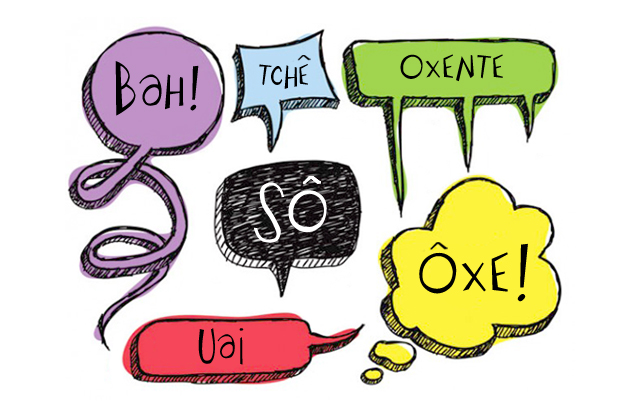ADVERTS
When we talk about informal language, we observe certain expressions that have already been incorporated into our vocabulary, everything seems very automatic. But have we ever stopped to think about the origins of these words?
Let's look at a very popular and common expression these days ''Holding a candle'' or ''hold candle''
ADVERTS
Well, this expression ''holding a candle'' dates back to historical beginnings, where there were no lamps yet and the main source of lighting was candles. A common habit at the time, slaves and manual workers used to hold lamps to illuminate the environment where their masters were carrying out some type of activity.
In theaters, boys used to hold candles to light the stage, but it was in dark medieval times that such servants had a mission that we could call unusual. They had the obligation to hold candles to illuminate the environment in which their masters and bosses were while having sexual relations with their women, but they had to turn their backs to maintain privacy but still could hear all the moans and grunts of the act. Hence the expression known and used to this day ''holding candle''. After the invention of electricity this habit fell into disuse.
Another example of ''slang'' and the very common expression nowadays as ''Coroa'', a term used to generally refer to people over 40 years of age. This expression comes from Latin.

ADVERTS

Internet language has a historical past, did you know?
With the invention of technology, abbreviations began to gain much more space in our daily lives when it comes to the internet.
But did you know that this currently common practice dates back to ancient times?
In the first centuries of Brazilian history, it was common to abbreviate documents, and some of the factors that contributed to the occurrence of this practice were: the lack of resources to acquire materials, such as paints, paper and feathers, largely due to the great distance between Brazil and Portugal, and of course the absence of an official spelling system for the Portuguese language.
Hence the practicality of abbreviating words that were written by hand.
Even after the appearance of the first printed documents, still in the 17th century, with the arrival of the Portuguese royal family, abbreviations did not cease to exist, due to the high prices of the materials used in printing.
Let's look at some examples of abbreviations designated at the time:
X – This letter, in its capital form, was used to designate ''Christ''.
7.bro and 8bro – These abbreviations were used to spell the names of the months of September and October, very similar to the current model found in chat rooms.
Vm – Today it is very common to use ''vc'' to abbreviate you, and in those times it was to designate ''your grace''.
Onra and Sora – Abbreviations for lady.
Currently a good example of an abbreviation widely used in correspondence is the term Cia, Ltda (short for limited company).
Today we have ABNT (Brazilian Association of Technical Standards), and the body responsible for standardizing abbreviations in official texts.
As we mentioned, this is a subject that generates a lot of controversy among people, according to a study carried out by researcher Carla Jeanny Fusca, from Universidade Estadual Paulista, shows that the habit of internet users using reduced language to communicate in real time does not affect performance. linguistic when it comes to written texts, they only make the distinction between the ''contextual situation'' in which they are inserted, taking into account the profile of the interlocutors involved in the action.
This practice is not exclusive only to the internet, but also in the use of cell phones responsible for sending messages such as text messages. SMS from English (Short Message Service), where the abbreviation means linguistic and also financial economy.
Times are different but the techniques and methods are the same.
